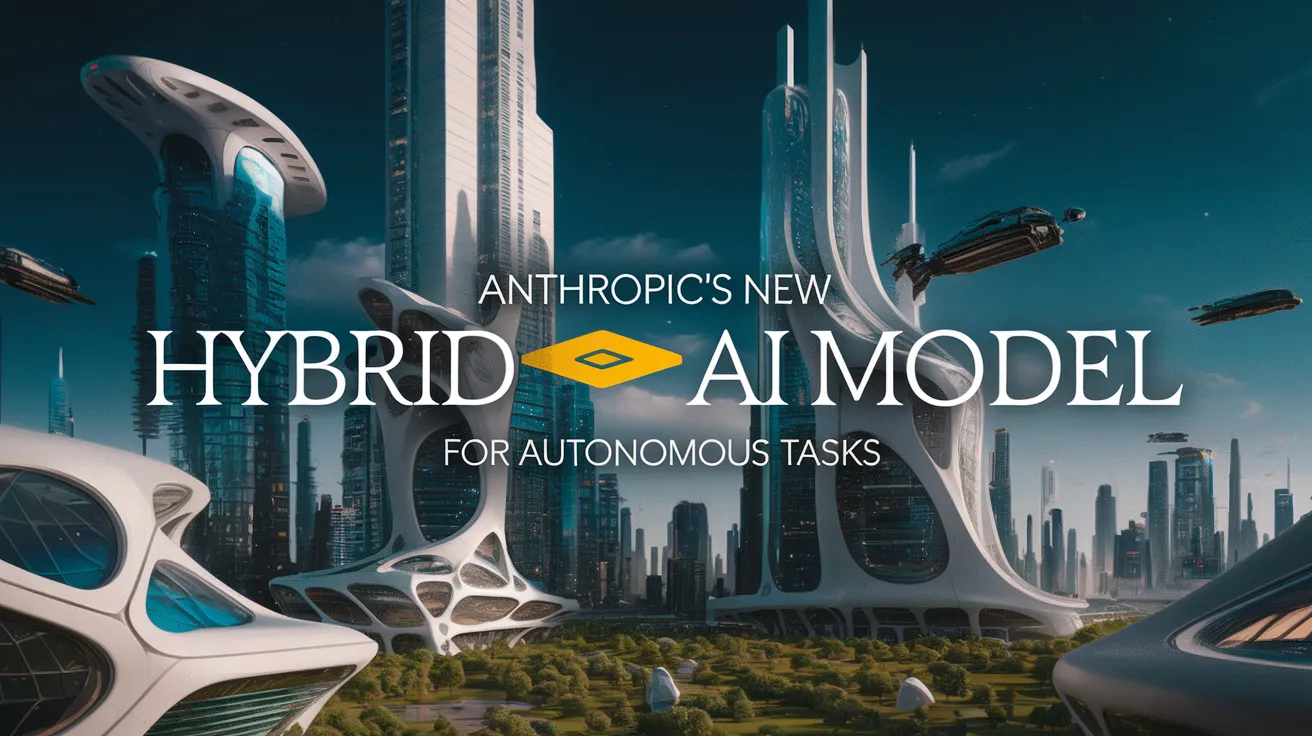Anthropic’s New Hybrid AI Model for Autonomous Tasks

Anthropic has unveiled two groundbreaking AI models, marking a substantial advancement in the capabilities of AI agents. The newly trained AI agents on Claude Opus 4, which is noted as the company’s most powerful model yet, show remarkable potential by effectively handling complex, multistep tasks over extended periods, thereby elevating the functionality of AI systems.
Capabilities of Claude Opus 4
Claude Opus 4 has been designed to execute intricate tasks that require thousands of steps over several hours. A striking example includes the model’s ability to create a comprehensive guide for the video game Pokémon Red during a continuous 24-hour gameplay session. In contrast, its predecessor, Claude 3.7 Sonnet, was limited to approximately 45 minutes of playtime, highlighting significant improvements in operational longevity and task management, as noted by Dianne Penn, Anthropic’s product lead for research.
Real-World Applications
Demonstrating practical use, Rakuten, a prominent Japanese technology company, recently utilized Claude Opus 4 to autonomously code for nearly seven hours on a complex open-source project. Such applications not only showcase the model’s efficiency but also its capability to function effectively across various domains, suggesting a future where AI can assist professionals in extensive and demanding tasks.
Implications for AI Efficiency
The emergence of Claude Opus 4 represents a pivotal moment for AI as businesses can increasingly rely on these systems for real, sustained contributions rather than short bursts of activity. This development is likely to enhance productivity without necessitating increases in manpower, thereby optimizing operational costs and resource allocation.
Future of Autonomous AI
As Claude Opus 4 builds on previous models, its extended task handling capabilities suggest a future of highly autonomous AI, capable of taking on significant workloads and managing complex queries. This shift not only indicates a technological upgrade but also a changing landscape where AI will be integral to everyday business processes.
In conclusion, the advancements seen with Anthropic’s Claude Opus 4 may well pave the way for a new category of AI agents that can operate independently over extended durations, marking a significant leap towards more intelligent and autonomous digital assistants.